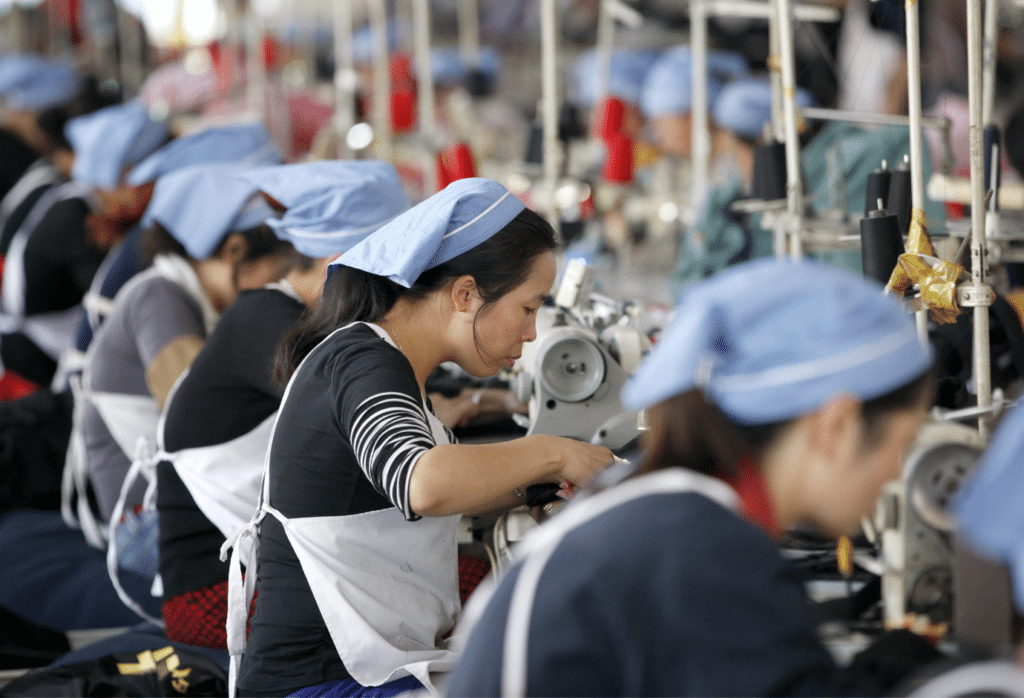Less than half the countries in the world currently have financial support or tax relief for parents of young children, contributing to the global gender gap that is much wider than previously thought, a new report from the World Bank found.
For the first time in the report’s ten-year history, the study examined the impact of childcare and safety policies on women’s participation in the labour market across 190 countries, revealing that less than a third of countries had quality standards for childcare that would guarantee children’s safety.
In the countries where financial support for parents of young children were provided and quality standards for childcare existed, the female workforce had only 64 per cent of the legal protections their male counterparts enjoy.
The report found that tackling the childcare gap would immediately lead to a 1 per cent increase in women’s participation in the labour force.
In 81 countries, a woman’s pension benefits did not consider periods of work absences related to childcare.
Tea Trumbic, the lead author of this year’s women, business and the law report, believes that a range of factors influenced women’s ability to work, including childcare costs, safety issues, and violence.
“The greatest deficiency involves safety,” Trumbic explained in an op ed this week.
“Women enjoy barely one-third of the necessary legal protections against domestic violence, sexual harassment and femicide. Inadequate access to childcare services is another hindrance. Only 62 countries have established quality standards governing childcare services. As a result, women across 128 countries may have to think twice about going to work while they have children in their care.”
The report also explicitly measured the gap between laws and the policies created to implement them, revealing that most countries had entrenched less than 40 per cent of the policies required for full implementation.
While 95 countries established laws on equal pay, only 35 had operational concrete measures to make sure the pay gap was addressed.
“It is not enough merely to pursue equality in the laws on the books,” Trumbic explained. “What we need are comprehensive sets of policies and institutions – as well as a transformation of cultural and social norms in many countries – to empower women to become successful workers, entrepreneurs and leaders.”
“That means stronger enforcement mechanisms to tackle workplace violence, practical provisions for childcare services and easier access to healthcare services for women who survive violence.”
Despite 151 countries having laws against sexual harassment in the workplace, only 40 had laws against abuse in public areas or on public transport, meaning women are not being protected on their way to work.
“It is more urgent than ever to accelerate efforts to reform laws and enact public policies that empower women to work and start and grow businesses,” Trumbic said in a statement.
“Today, barely half of women participate in the global workforce, compared with nearly three out of every four men. This is not just unfair—it’s wasteful. Increasing women’s economic participation is the key to amplifying their voices and shaping decisions that affect them directly. Countries simply cannot afford to sideline half of their population.”
Indermit Gill, Chief Economist of the World Bank Group and Senior Vice President for Development Economics, is determined that women have “the power to turbocharge the sputtering global economy.”
“Yet, all over the world, discriminatory laws and practices prevent women from working or starting businesses on an equal footing with men,” he said.
“Closing this gap could raise global gross domestic product by more than 20 per cent – essentially doubling the global growth rate over the next decade—but reforms have slowed to a crawl. [Our report] identifies what governments can do to accelerate progress toward gender equality in business and the law.”
The report found that globally, women currently earn just 77 cents of each dollar earned by a man, and that closing this gap could raise global gross domestic product by more than 20 per cent. According to a report by the World Economic Forum’s Gender Gap Index released last June, it will take another 131 years for the world to reach gender parity.


